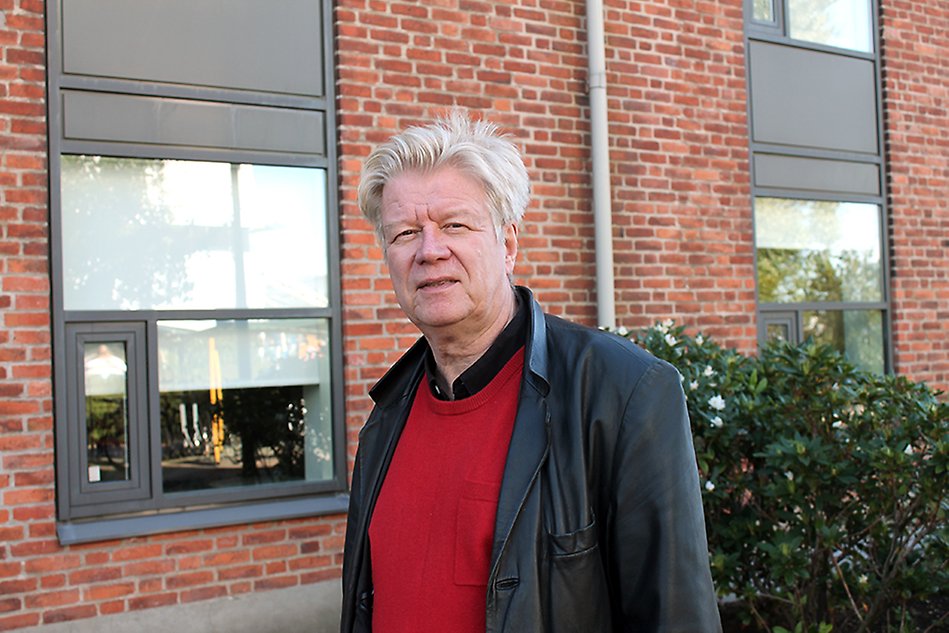Digitalisation – a cultural tool for education
Digitalisation is a game changer – a societal change through and through – comparable to the birth of the printing press, according to Roger Säljö, Guest Professor of Digital Learning at Halmstad University. His main research focus is on how education in schools is affected by digitalisation.
”Schools are supposed to prepare children and teenagers to become active members of society, and in doing that, they must adhere to digitalisation.”
Roger Säljö
Shaping education
An important question is how learning is formed based on different cultural tools and how humans learn to handle them. A long time ago it was about cave paintings, today it more often than not concerns digital technologies. As soon as research is about digital technology it becomes multidisciplinary, it has no limits, according to Roger Säljö who has come in contact with the fields of humanities, mathematics and medicineas part of his work with the consequences of digitalisation.
“I like the cross-bordering environment. Within it, us researchers work more with projects close to, for example, schools and workplaces, and that way we all really learn. Many university colleges have a more multidisciplinary orientation than large universities”.

A change that is here to stay
As Guest Professor, Roger Säljö mainly works with a research group tied to the very current project FDLIS (Future Digital Learning In School), which is a unique collaboration project including several municipalities and Region Halland.
“In collaboration with the municipalities it is possible to see that the problem areas are very general. I am part of several projects that concern what happens when digitalisation and digital tools are introduced in schools. For example, programming is very current in schools right now. From a wider perspective, schools are having a hard time getting used to the change, says Roger Säljö. This despite many children having a very digital childhood and society as a whole believing digitalisation is the future.”
“Schools are supposed to prepare children and teenagers to become active members of society, and in doing that, they must adhere to digitalisation. This development changes our access to information and our ability to analyse. This is provocative for many people in society, and for the traditional ways of teaching and learning. Today, many children learn to read and write by using digital tools.”

Roger Säljö, Guest Professor at Halmstad University
How we today can use, share and manipulate information is what Roger Säljö considers a game changer.
“Digitalisation affects our private lives as well as society as a whole. It can be compared to when radio, and the TV, hit. Our lives – as citizens of the word – are completely different because of that. The difference is that digitalisation is even more pervasive”.
Text and photo: Kristina Rörström
Read more
In Swedish: Digitaliseringen, ett kulturellt verktyg som skolan måste ta sig an External link.

